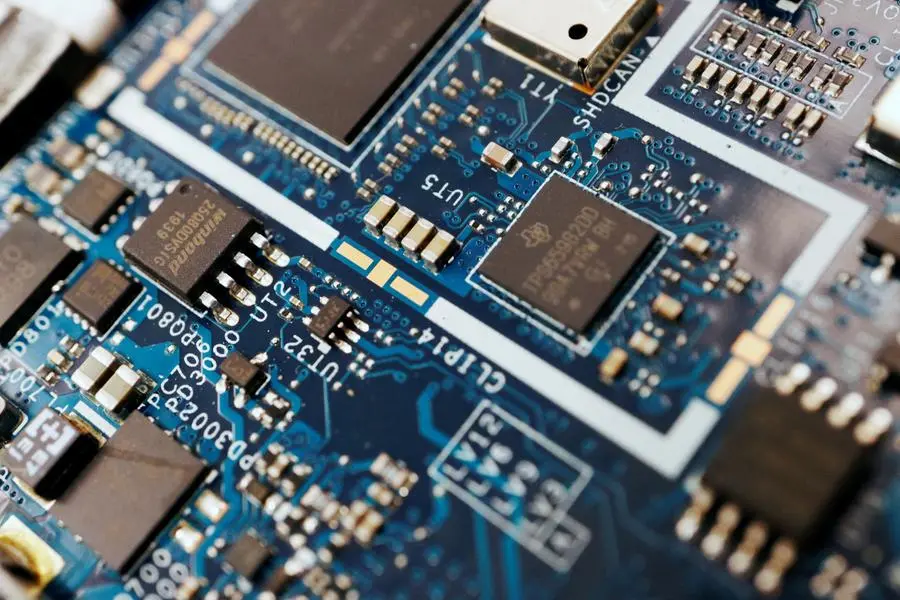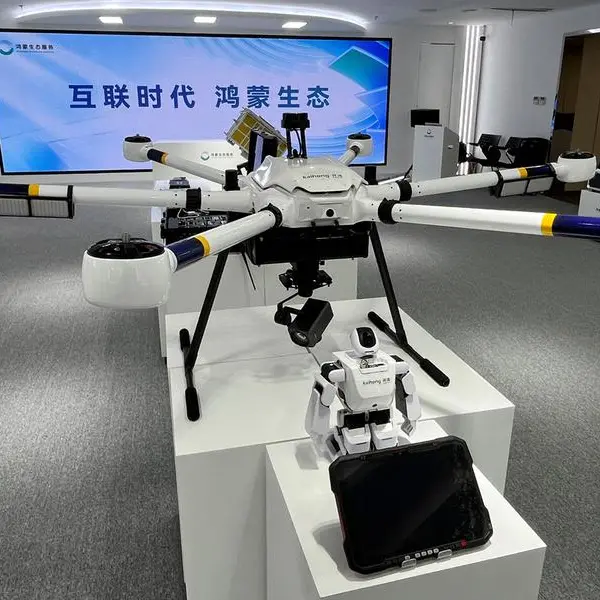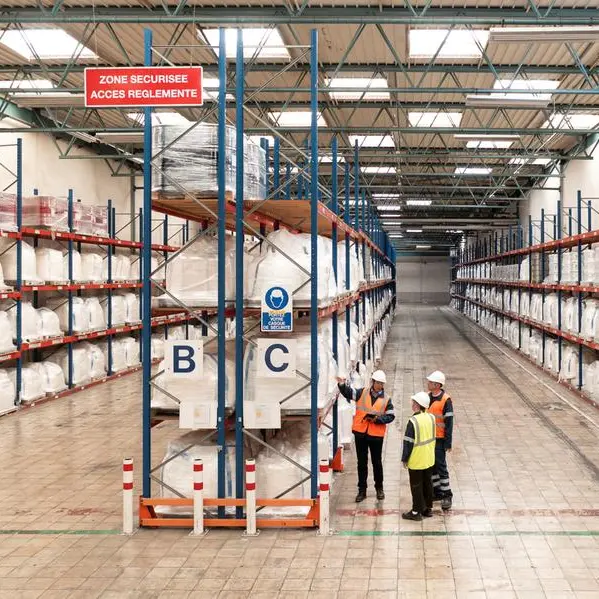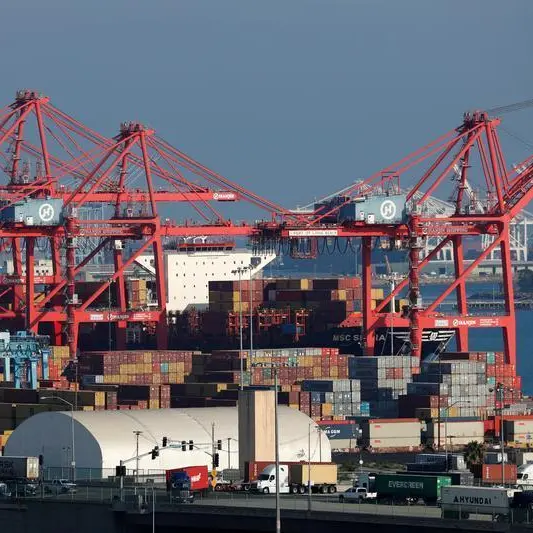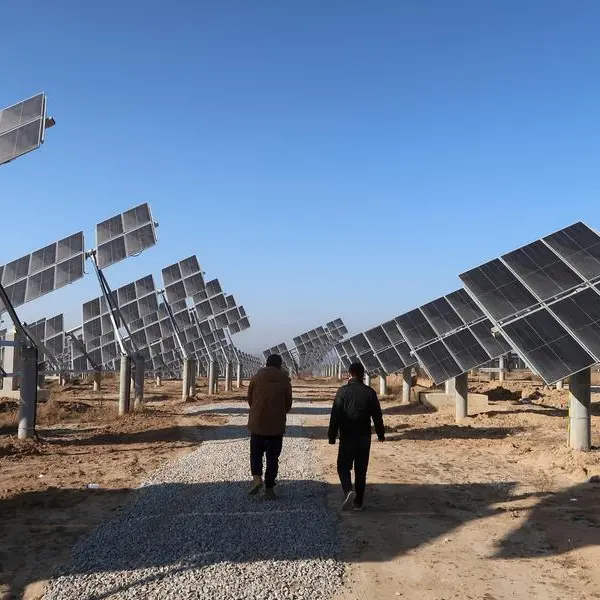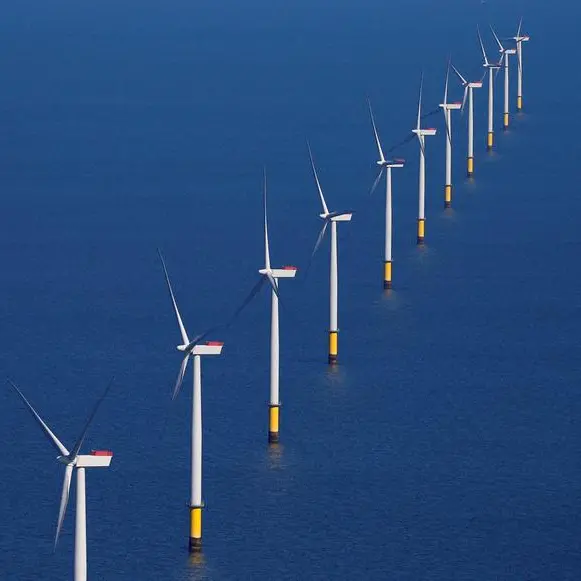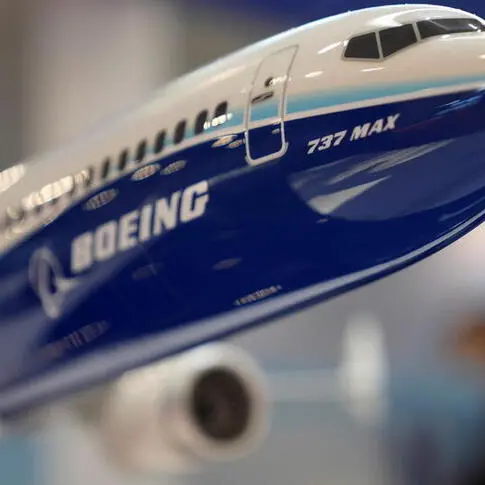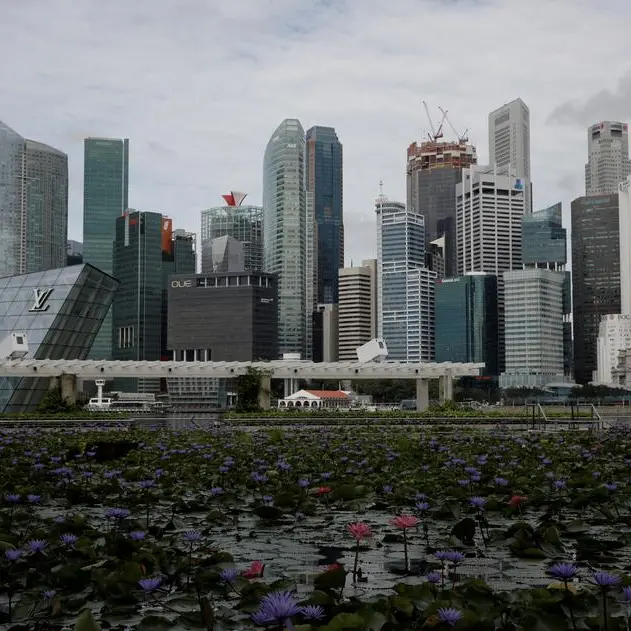PHOTO
TOKYO - Chipmaker TSMC formally opens its first Japanese plant on Saturday, highlighting the Taiwanese firm's critical role in Tokyo's multi-billion dollar efforts to reboot its once-mighty semiconductor manufacturing industry.
That Japan turned to TSMC for help on an industry it once dominated reflects the Taiwan chipmaker's dominant position in the foundry business and Tokyo's heightened concern over China's growing prowess in a wide swathe of technology.
The arrival of TSMC, the world's leading contract chipmaker, in Japan is seen as having sparked investment across a sector vital to economic security even as the government eyes a greater prize with its backing for homegrown foundry venture Rapidus.
"The possibility of having TSMC build a fab in Japan really rallied support from disparate parts of the semiconductor industry," said Damian Thong, head of Japan research at Macquarie Capital Securities.
"They have built a snowball effect around it," he said.
By 2027, Taiwan is projected to control two-thirds of foundry capacity for advanced processes as its lead is eroded by aggressive expansion in the U.S., according to research firm TrendForce, with Japan increasing its global share to 3%.
TSMC, which is also building capacity in the U.S. and Germany, is targeting mass production at the fab later this year and has announced plans for a second plant, bringing total investment in the venture to more than $20 billion.
Partnering with companies including Sony and Toyota , monthly capacity across the two fabs will exceed 100,000 12-inch wafers, strengthening Japan's access to chips, which are essential for the electronics, automotive and defence industries.
TSMC sees Japan as a natural fit with an industrious work culture suited to chipmaking and a government that is easy to deal with and generous with subsidies, Reuters has reported.
Japan has also benefited from Taiwan's willingness to approve the export of foundry and supply chain technology, particularly for advanced node technologies below 16 nanometres, said David Chuang, an analyst at Isaiah Research.
"With the prospect of fabricating more advanced roadmaps in Japan, it's reasonable to expect that foundry customers may be more inclined to commit to long-term development and procurement of capacity," said Chuang.
Japan can leverage its expertise in areas such as photoresists - chemicals that are needed for chipmaking - image sensors and packaging, which is becoming increasingly important to eke out chip performance gains, said Joanne Chiao, an analyst at TrendForce.
Momentum in Japan's chip sector is growing, with Taiwan chip companies arriving in Japan not only to support the TSMC plant but also being attracted by the industry's renewed dynamism, Reuters has reported.
ECONOMIC BOOST
In the chipmaking hub on the southern island of Kyushu where TSMC's plant is located, companies ramping up investment include power chip maker Rohm, wafer maker Sumco and equipment maker Tokyo Electron.
The regional economic boost is forecast to hit 20.1 trillion yen ($134 billion) over a decade, according to the Kyushu Economic Research Center, with activity rippling out from fabs being constructed and run, and from consumption by workers.
A major bottleneck is labour shortages, said Soei Kawamura, a researcher in the business development department at the centre.
"Large companies like TSMC and Sony will be able to secure the necessary personnel, but the economic development of the Kyushu region will change depending on how many people can be recruited in the local semiconductor-related and other industries," he said.
The number of workers in Japan's chip-related businesses has declined by around a fifth over the last roughly two decades.
Leading domestic chip firms need to find 40,000 workers over a decade, according to estimates from the Japan Electronics and Information Technology Industries Association (JEITA).
Tokyo's grander vision is of building a homegrown champion through foundry venture Rapidus, which is headed by industry veterans and targeting mass production of cutting-edge chips on the northern island of Hokkaido from 2027.
A potential rival to TSMC, which has spent decades honing its processes, Rapidus is partnering with IBM and chip research organisation Imec. But its prospects for success are viewed with scepticism by many in the industry.
"I don't doubt TSMC will be dominant, but Japan will seek to prove that they are valid as a number two," said Macquarie's Thong. ($1 = 150.3100 yen)
(Reporting by Sam Nussey and Miho Uranaka; Additional reporting by Fanny Potkin in Singapore; Editing by Muralikumar Anantharaman)
